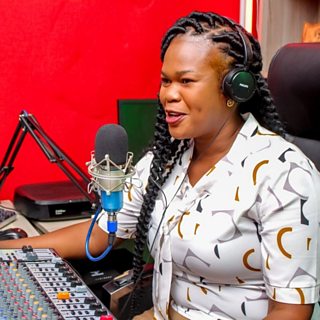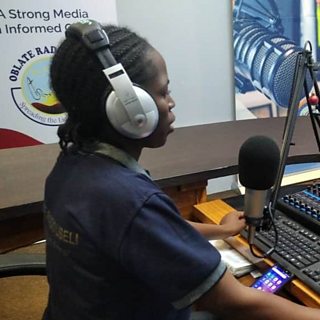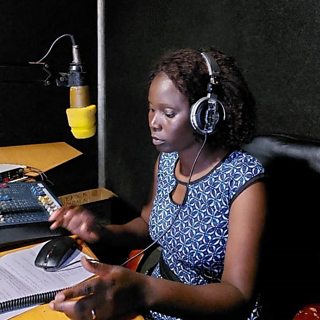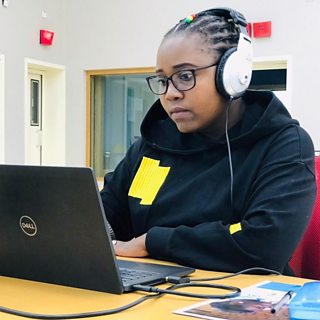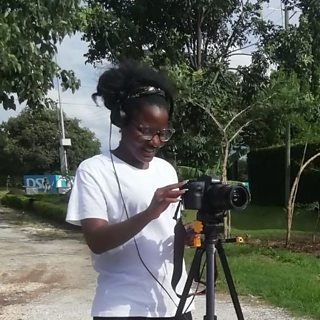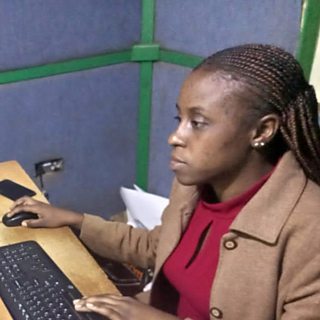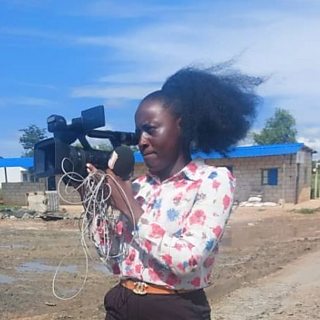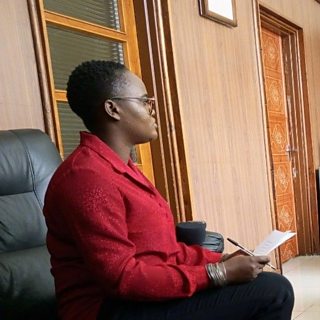Zambia has a rich, varied media landscape, challenged mainly by finances, lack of training, and an outdated legislative framework. ����ý Media Action has been working to develop and support public interest journalism among local and national broadcasters, including the Zambia National Broadcasting Corporation.
In 2022, we launched the Moto (Fire in Nyanja) Initiative to support women working in broadcast news and investigative journalism. Zambian women working in journalism from across the country were invited to apply for bespoke mentoring and training.
For nine months, our selected group of eight women received training in newsgathering, investigative journalism, fact-checking, packaging and presenting, and produced six packages based on their training. Now, many of them are off to the Summit for Democracy’s parallel events in Lusaka in March 2023, to cover the lead-up and the summit itself.
Zambia joins the United States, the Netherlands, Costa Rica and the Republic of Korea in co-hosting the summit, aimed at gathering momentum to tackle threats to human rights and democracy – including rising inequality, mis- and disinformation, closing civic space, threats to public interest media, public mistrust of authorities and more – collectively.
Meet these women dedicated to upholding trusted independent media:
'I’m a Zambian reporter/journalist with three years’ work experience in the broadcast sector, working for Yar FM in Kitwe, Copperbelt Province. I’m a determined, focused, hardworking and resilient journalist who uses my newly acquired investigative journalism skills to tell unique stories.'
'I’m a Zambian reporter/producer working at Oblate Radio Liseli in Mongu, Western Province. I’m passionate about journalism and use my investigative skills to package stories that impact on people’s lives.'
'I’m a broadcaster working for Radio Luswepo in Mbala, Northern Province. I have over five years of experience in the radio sector. One of my stories on the Moto Project led to groundbreaking results: Council retirees who were owed money by the National Pension Scheme Authority (NAPSA) were paid their contributions, despite the local authority not making the contributions which had been deducted from employees’ salaries.
'A free press is like democracy, or freedom for journalists to report freely, considering that they are the eyes and ears of the public. Journalists must be able to report upon matters of public interest. A free and independent press helps connect the governed with the people in power so that they can access information they need to make informed decisions, and hold government to account.'
'Based in Lusaka and currently working for Radio Christian Voice, I’m passionate about telling stories that fight inequalities in society. As a trained investigative journalist, I am motivated and I hold truth-telling in highest esteem.
'I believe a free press should allow journalists to go beyond personal censorship. I say this because personal censorship entails leaving out certain stories, for fear of being closed down by the state. A free press should be free to report and investigate the truth, no matter who is involved, without state intimidation.
'A free press enhances accountability for national resources. It also gives the media the freedom to inform without fear of being victimised. And a trusted media is the only avenue to verify news in the wake of social media. A trusted media will counter social media and citizen journalism, whose reporters, in most cases, have no time to verify or to balance their stories.'
'I’m a Livingstone-based Zambian journalist with three years’ work experience in journalism. I have a passion for telling stories focused on development. Through this approach, I want to make Africa a better place for all.'
'I’m a self-motivated Zambian journalist with over three years’ work experience in radio and television. I’m determined, focused and open to learning. I have made investigative journalism part of my career as I seek to improve the welfare of my community and create positive change.'
'I’m an enthusiastic and multiple award-winning investigative journalist who is driven by a passion to tell stories about social justice, and raise issues affecting people in my community. I want to use strong journalistic skills to make society a better place for everyone.'
'I’m a versatile journalist with a passion for telling stories that affect children and women in my community. I want to see a media industry that recognises women and protects children. I’m excited to visualise a future journalism industry that thrives on telling impactful stories that affect society in different ways.
'A free press is one where journalists and media houses are able to carry out their work of gathering and disseminating information without any external influence. A free press also allows for the equal treatment of journalists, be it from public or private media, even in terms of access to information. A free press is one that allows media institutions to be guided by their editorial policies alone. A free press has the independence to uncover corruption and will not fear any form of attack from the government or authorities.
'The role of a free and independent press is important because in a democracy, journalists play a very important role in holding decision makers accountable. The press also has an important role of agenda setting thereby setting the tone on important topics or conversations that members of the public are engaging in, this allows for meaningful conversations to be initiated even at the lowest level in the community.
'Trusted media is important because it helps build concrete relationships within communities and with different stakeholders, including the government. Trusted media helps reduce conflict or fear among citizens and encourages them to raise issues that affect them, knowing that their views will not be misquoted. Having trusted media also makes information sharing much easier among decision makers, citizens and journalists. Having trusted media helps to break the barriers and bureaucracies that exist when accessing information.'
The Moto (Fire) Initiative is part of the Kudziwa (To Know) project carried out with Free Press Initiative and funded by the Swedish International Development Cooperation Agency.
Our projects in Zambia
-
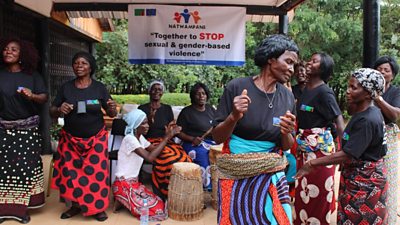
Communities coming together to tackle gender-based violence in northern Zambia
We’re supporting local radio stations in northern Zambia to produce shows that improve understanding of, and discussion around, gender equality – with the aim of shifting norms around sexual and gender-based violence. -
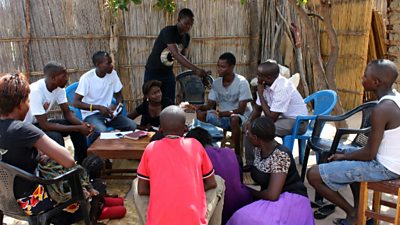
Strengthening community radio in Zambia
����ý Media Action aims to strengthen the professionalism and sustainability of community and independent radio stations in Zambia through expert training. -
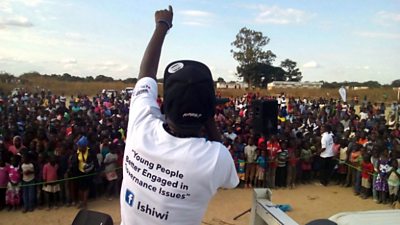
Ishiwi - giving young people a voice in Zambia
A youth-led initiative combining discussion and media to help address the priorities of young people and help them to participate in local and national decision-making processes in Zambia. -
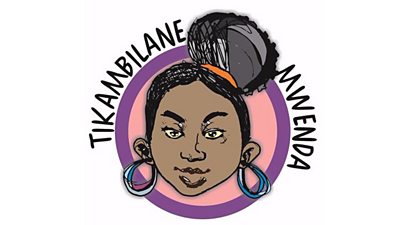
Let’s talk about sex: improving sexual health for young people in Zambia
How a youth-led TV and radio show is helping young people in Zambia talk about sex, STIs and how to prevent HIV and AIDS.

